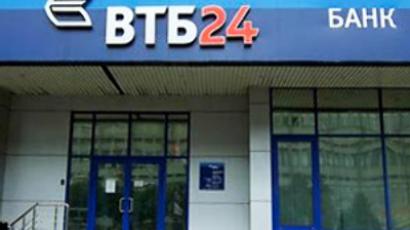Gas to Europe: new projects just to keep pace with demand
New pipelines intended to carry gas to Europe will not reduce the volume of Russian gas piped through Ukraine. That's the message Russia is taking to a conference of gas producers and consumers in Bulgaria.
Russia – with the world’s largest gas reserves – is the biggest single gas supplier to Europe. Germany, Italy and Turkey are among 30 consumer countries. Most of the gas comes by pipeline through Ukraine – the route for almost 80% of Russia’s gas to Europe.
With most of that export capacity already used, Russia's Gazprom is developing new export routes to ensure stable supplies. Chief among these is the Nord Stream pipeline that will carry gas from Russia under the Baltic sea to Germany says Valery Yazev, Chairman of the State Duma Committee on Energy.
“The Nord Stream capacity is 55 billion cubic meters of gas annually from 2012. Europe's consumption will grow, and in 2012 it will reach 150-to-200 billion cubic meters. Nord Stream’s capacity is just a quarter of that. So transportation through Ukraine will not decrease when the Nord Stream comes online. It will just help Russia keep its third of the European gas market.”
Another project high on the agenda is South Stream that will take gas under the Black Sea to Bulgaria. It will be discussed at the conference, Sofia Natural Gas for Europe – Security and Partnership, with 28 European countries attending.
Bulgaria, Serbia and Greece have already signed up to have Russian gas cross their territory but Victor Myasnikov, Oil Analyst at Uralsib believes there is a lot more negotiating ahead.
“Gazprom will be negotiating with all the countries-it's an ongoing process. we have to mind that governments that have been signing come and go and there are other people to negotiate with.”
But that's not all. There's also the EU's Nabucco project which would deliver gas from Central Asia to Europe. Though Russia's involvement is limited, analysts say Russia could take part upstream – dealing with producers.













